|
The Fire at Sea director shares insights at IDA's DocuDay event Anyone who has seen the Oscar-nominated documentary Fire at Sea [Fuocoammare] will find it impossible to forget the film's central characters -- the young Samuele and the compassionate Dr. Bartolo. Yet as compelling as those characters are, the film's director is no less captivating -- the extraordinary Gianfranco Rosi. No encounter with Rosi can be described as casual; his humor, charm and intensity create an indelible impression. Attendees of the IDA's DocuDay got to spend an entertaining interlude with the filmmaker on the eve of the Oscars, during a Q&A that included Dr. Bartolo, and the film's producer, Donatella Palermo. I never really ask myself, 'Am I doing a documentary? Am I doing fiction?' I don't care about this division between fiction and documentary. Filmmaker Renee Tajima-Peña moderated the Q&A which ranged from a discussion of the origins of the film to Rosi's broader thoughts on filmmaking. Rosi said his approach to making Fire at Sea was an organic one -- he went to Lampedusa without a preconceived idea of what the film would be. When I start a project usually I like to be completely blanked. I don't know anything about the place. I don't write anything. I always say that writing a documentary is like starting with a big lie. I spend a lot of time in the place somehow trying to get the idea what this place contains and meeting the people that somehow I would like to start the journey with them. And then finding this group of people where I find this strong relationship. And then I'm able to put the camera there. So for me the first three months visiting the island I never really had my camera with me. Sometime people say, 'Well, you miss so many things without the camera.' But for me making the film is about missing things. It's not about capturing things. I can capture only two fragments and a few moments... I have to somehow contain everything that I missed in an emotional way. I always refuse to write the script. There is no script. Tajima-Peña contrasted Fire at Sea with a more traditional approach to documentary film, where it might be said the emphasis is on conveying information. Rosi had his own way of describing standard docs. I call these "complaining and explaining" films. There's always someone complaining and then that's not enough. You have to have a voiceover explaining why they're complaining. I don't think documentary now has to be didactic or demonstrate a thesis. There is a narrative that has to be more close to cinema and that's what this language of documentary is reaching now. I never understood why documentaries would be ugly and shaky because reality is not ugly and shaky. Why camera has to move in order to be more real, more true? I never understood that. I don't consider myself a DP. I never think about photography somehow. Photography for me is part of a narrative that happens in that moment where I put the camera. What is important for me is the relationship and the distance that the camera can create with the character and the lens. I always say there's a thousand positions you can put your camera in; only one is right. And you have to be able to grab that moment where the camera is able to tell the right story. Rosi took questions from the audience. One person noted that the director favored extended takes in Fire at Sea over quick cuts. On the editing I never take a piece of this, a piece of this, a piece of that. I have to choose one piece. And this piece has to have a beginning, middle and end... So it's somehow reality that imposes itself into the rhythm of the editing. In the editing you rewrite the film and you give incredible space to free association. That's the moment the film almost becomes like fiction, because there is storytelling, there are characters and there is emotion and you have to be able to grab from those images that you collected. Fire at Sea takes place in and around the island of Lampedusa, which in recent years has become one of the focal points of the migrant crisis in the Mediterranean. Hundreds of thousands of people desperate to escape unrest in North Africa and the Middle East have been rescued at sea and processed through Lampedusa; many thousands more have died in deplorable conditions aboard unsafe vessels. Dr. Bartolo has examined every single person arriving on Lampedusa since the crisis began, both the living and the dead. Dr. Bartolo also treats the islanders, include Samuele, a boy Rosi describes as the "Woody Allen of Lampedusa." Samuele is in most respects a "normal" kid, but copes with a lack of vision in one eye and at times seems afflicted with anxiety and consequent trouble breathing. It was a beautiful encounter with Samuele. I realized when I met him I wanted to do the film with the point of view of a little boy and that between him and Dr. Bartolo they were going to become the two protagonists of the film somehow. Samuele represents the inner world. It's like a coming of age film -- the inability of facing the harshness of life as much as we are unable to face something we don't know. Samuel is a beautiful metaphor in the film, a living metaphor... His breathing is our own breathing. His anxiety is our own anxiety. His lazy eye is our own lazy eye. Fire at Sea contains upsetting images of piles of bodies below decks of one of the vessels -- people killed when they were overcome by toxic fumes. Rosi has said he was disinclined to shoot that footage, but that rescue workers insisted he do so to show the hideous loss of life in the migrant crisis. Somehow I felt the need to tell that story... that it is unacceptable that people die in this way like in a gas chamber. Rosi translated for Dr. Bartolo who shared his thoughts of the people of Lampedusa. They [Lampedusans] have a very rare disease that they were attacked with and this disease is called 'welcoming and solidarity.' It's a rare disease. And I hope that this malady proves contagious. And I hope it infects all the people who were indifferent toward these people that reached the island -- people that have endured incredible suffering. |
AuthorMatthew Carey is a documentary filmmaker and journalist. His work has appeared on Deadline.com, CNN, CNN.com, TheWrap.com, NBCNews.com and in Documentary magazine. |
- Home
- News
- Videos
-
Galleries
- 2019 Tribeca Film Festival
- Full Frame Documentary Film Festival
- 2019 SXSW Film Festival
- SXSW 2018 Gallery
- 2019 Sundance Film Festival
- Outfest 2018 Photo Gallery
- Outfest 2017
- Sundance 2018 Photos
- 2017 LA Film Festival
- 2017 Cannes Film Festival
- Tribeca Film Festival 2017
- SXSW 2017 Gallery
- 2017 Berlin Film Festival
- Sundance 2017 Gallery
- 2016 Los Angeles Film Festival
- Cannes Film Festival 2016
- SXSW 2016 Gallery
- Berlinale 2016 Gallery
- Sundance 2016 Gallery
- Filmmaker Gallery
- About
- Contact
Proudly powered by Weebly
- Home
- News
- Videos
-
Galleries
- 2019 Tribeca Film Festival
- Full Frame Documentary Film Festival
- 2019 SXSW Film Festival
- SXSW 2018 Gallery
- 2019 Sundance Film Festival
- Outfest 2018 Photo Gallery
- Outfest 2017
- Sundance 2018 Photos
- 2017 LA Film Festival
- 2017 Cannes Film Festival
- Tribeca Film Festival 2017
- SXSW 2017 Gallery
- 2017 Berlin Film Festival
- Sundance 2017 Gallery
- 2016 Los Angeles Film Festival
- Cannes Film Festival 2016
- SXSW 2016 Gallery
- Berlinale 2016 Gallery
- Sundance 2016 Gallery
- Filmmaker Gallery
- About
- Contact

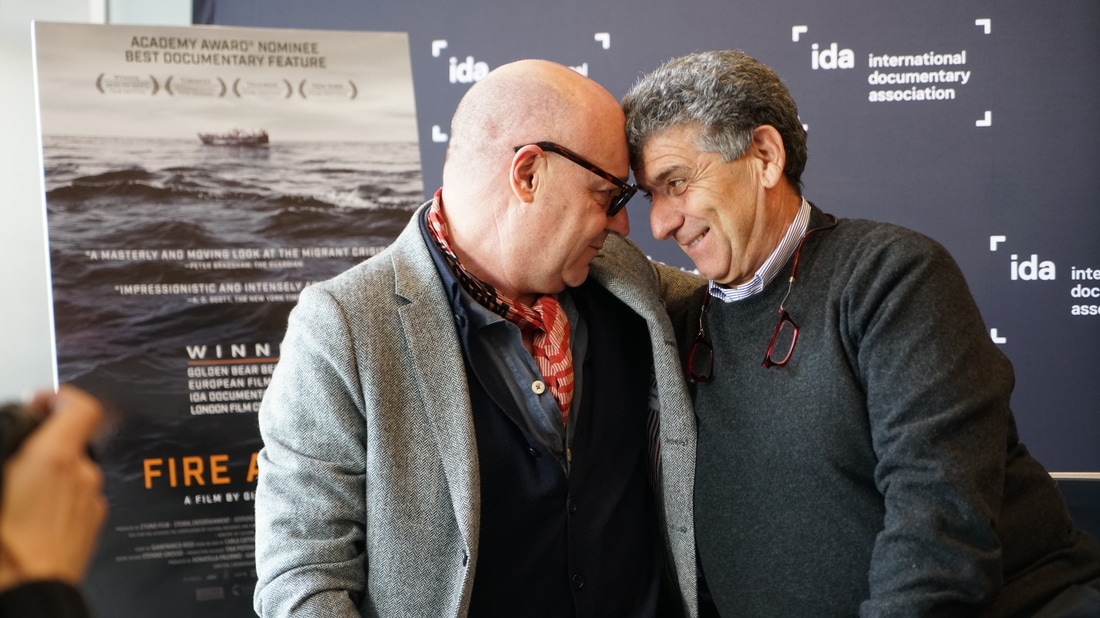
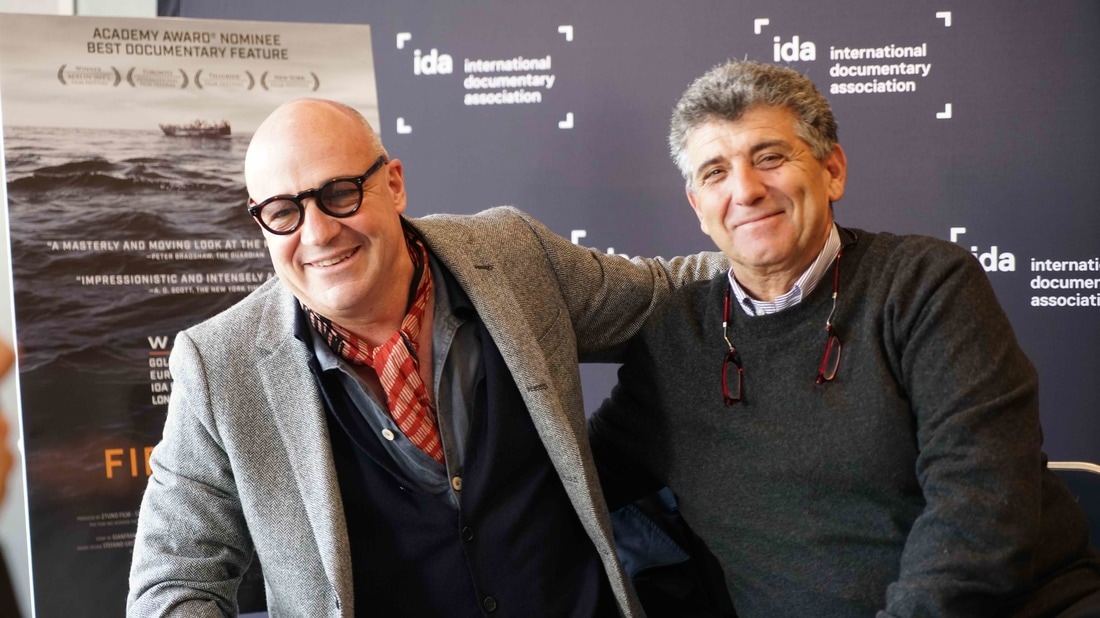
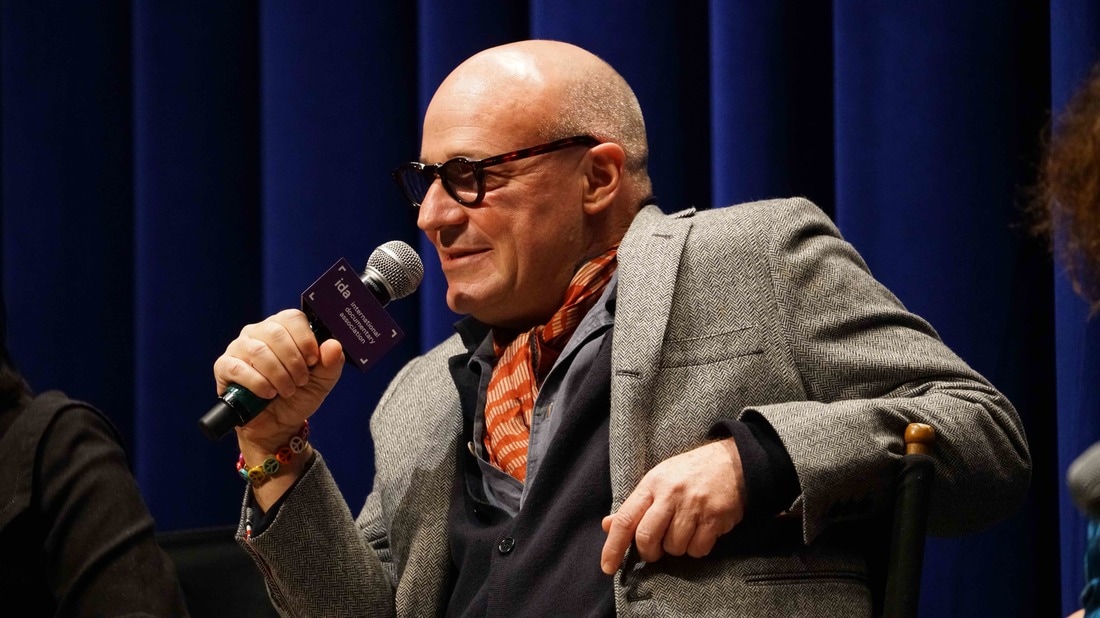
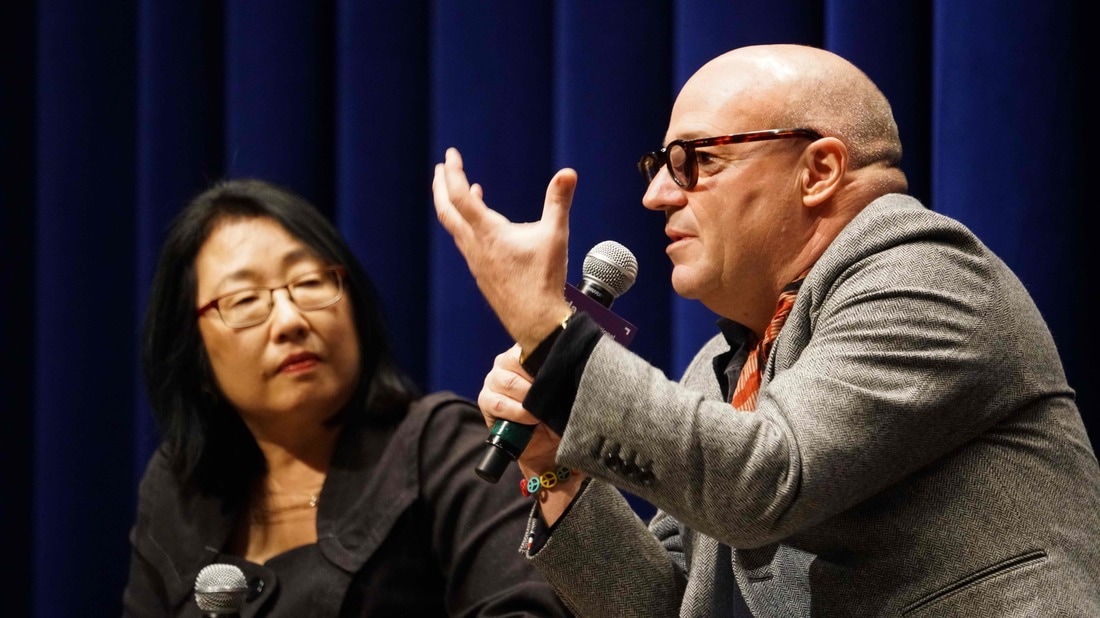
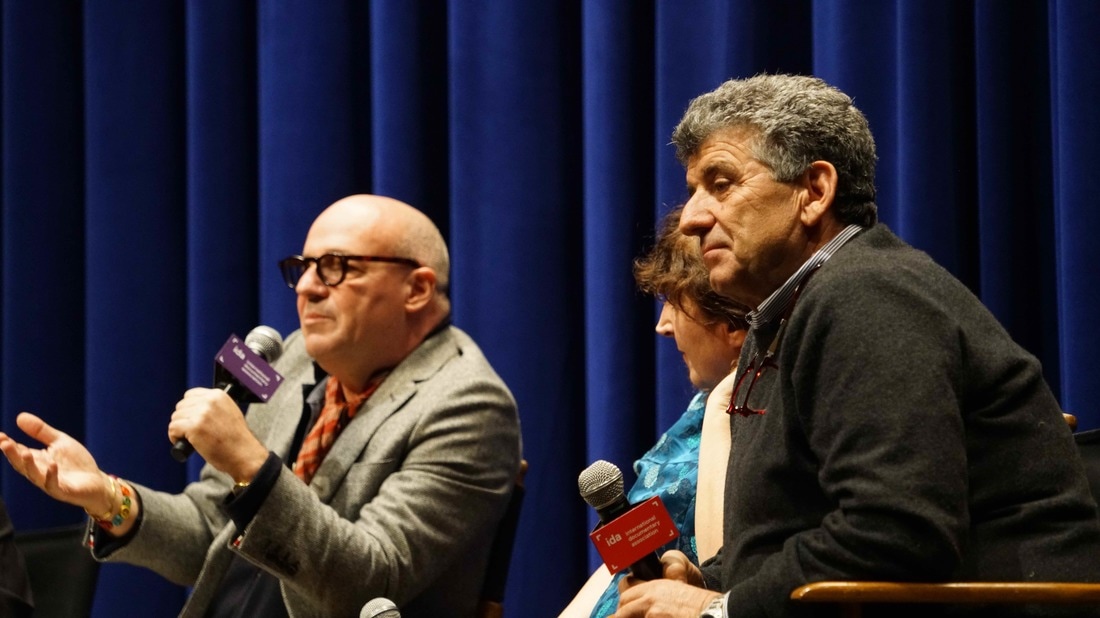
 RSS Feed
RSS Feed